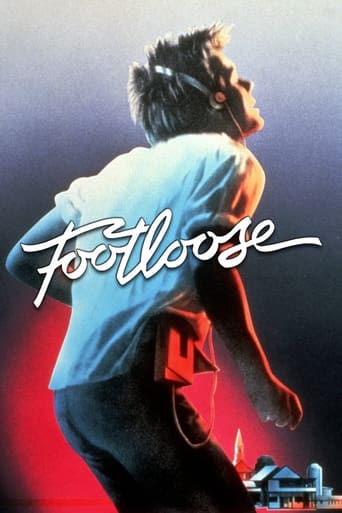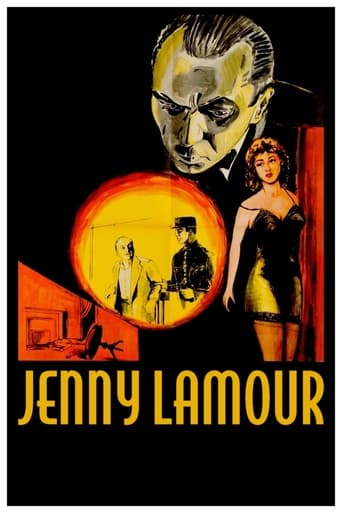


Jenny Lamour
Paris, France, December 1946. Jenny Lamour, an ambitious cabaret singer, and Maurice, her extremely jealous pianist husband, become involved in the thorough investigation of the murder of a shady businessman, led by Antoine, a peculiar and methodical police inspector.
-
- Cast:
- Louis Jouvet , Simone Renant , Bernard Blier , Suzy Delair , Pierre Larquey , Jeanne Fusier-Gir , Claudine Dupuis


Similar titles
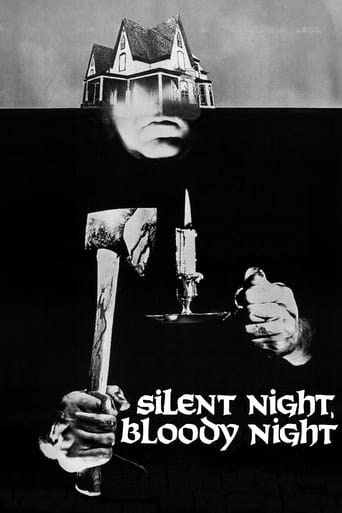
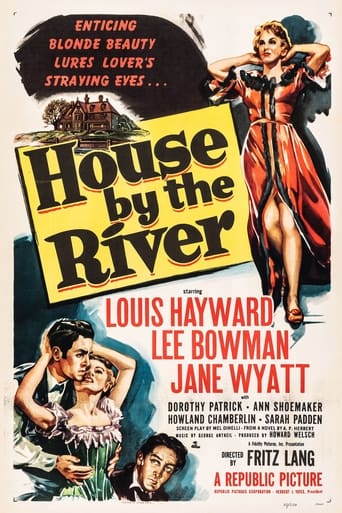


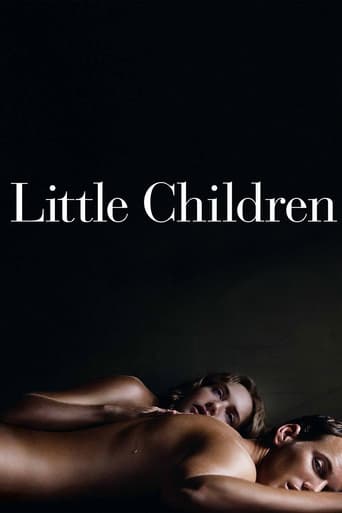
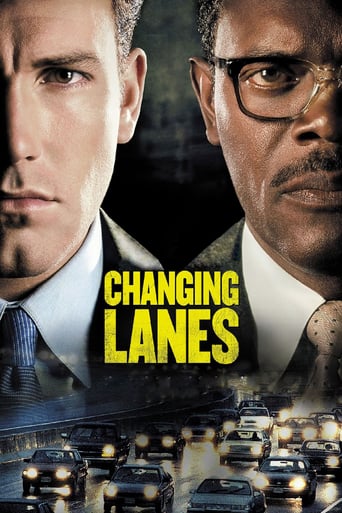
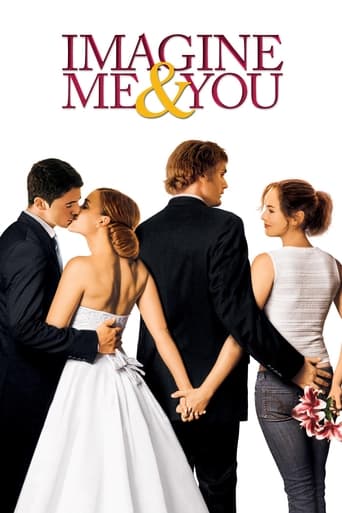
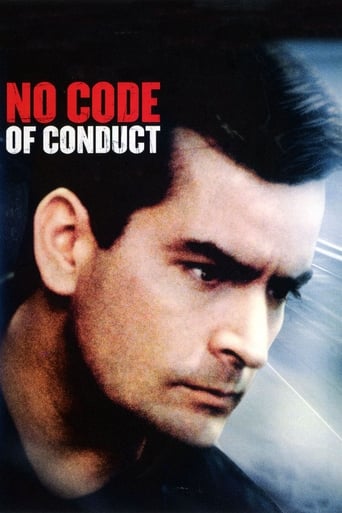
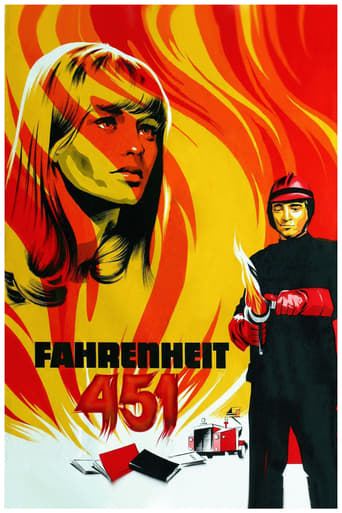
Reviews
This is a tender, generous movie that likes its characters and presents them as real people, full of flaws and strengths.
At first rather annoying in its heavy emphasis on reenactments, this movie ultimately proves fascinating, simply because the complicated, highly dramatic tale it tells still almost defies belief.
The tone of this movie is interesting -- the stakes are both dramatic and high, but it's balanced with a lot of fun, tongue and cheek dialogue.
Through painfully honest and emotional moments, the movie becomes irresistibly relatable
To non-French audience, "Quai des Orfèvres" carries the same resonance than 'Scotland Yard' for British people as the legendary Police headquarter Police in Paris, preceded by number 36, and the setting of the most memorable criminal resolutions that nourished French pop-culture of the early century: Landru, la Bande à Bonnot etc. So as the title indicates, Henri-George Clouzot's classic, is a police procedural, but there's more to see in the film besides the realistic and thrilling elements of a crime investigation.What strikes first and what I immediately associate with the film is the score, the musical version of the main song "Avec son Tralala" which is continuously sung by Jenny Lamour (Suzy Delair) during the first act. What begins as a simple ballad turns into a smash hit, joyful, naughty and unbelievably catchy, to a point I kept it stuck in my head for many days after watching the film. The 'tralala' is a sort of childish onomatopoeia referring to the beautiful behind of a Spanish gypsy girl, who didn't need 'maracas' to charm men, only her magnificent, natural assets. The music remarkably contrasts with the overall tone of the film but efficiently establishes the setting of the investigation: the music-hall, a decadent and permissive world. Henri-Georges Clouzot has an endearing quality, his thrillers are appealing to universal audiences but they're always set in a particular world: truck drivers, boarding school, a small village, his movies are an opportunity to discover a slice of French life in a determined era. And it's precisely for his ability to be so specific that his films can work as universal explorations of the human soul. The music hall or showbiz is the perfect setting to crystallize such emotions as ambition, jealousy or cynicism. They are also mirror the vices of a society, through the character of Jenny who makes eyes on anyone who can help her to succeed in theater, to Maurice, his mild-mannered and jealous accompanist and husband, played by Bernard Blier, and Dora, Simone Renant as the cynical charm photographer, friend of both. Yet the most despicable of all is Brignon (Charles Dullin), an old lecherous businessman, who visits Dora just to admire some naked girls. With Dora, Maurice and Jenny, the film seems to open on a triangular love, a plot device cherished by Clouzot.But as usual, clichés are misleading, Dora is obviously not interested in men, but ready to help their friends, Jenny loves her husband and Maurice is the kind of guy who can make death threats but is not so hot when it comes to pull the trigger. These flawed but realistic characters are inevitably put in a tricky Hitchcockian situation. Jenny has a secret rendezvous at Brignon's house but the date turns sour and she knocks him out with a champagne bottle and escapes. Maurice finds his address and goes confront him in the house, before ensuring a perfect alibi, but when he enters his house, he finds him dead and when he leaves it, his car has disappeared. This might suspend some viewers' disbelief, but nothing is hazardous in the film. To make things even more intricate, Dora goes at Brignon's to erase the fingerprints, take Jenny's fox scarf and while she's there, knocks the dead man in the chest, in one of the most cruel and memorable scenes from any Clouzot's film. Last revelation, the man was shot with a bullet in the heart, which makes four people who went to the victim, four potential suspects. The plot starts like a reverse whodunit, but at the end, it's still a whodunit. Maurice is supposed to go the music hall, only when he comes back, he raises suspicion by being the only one not to notice one flaw in the show, Jenny went to her grandmother at the last minute, and Dora left a blonde hair on the crime setting.Still, the film would never have reached its legendary status without Jouvet as Inspector Antoine, a fifty something inspector, tall and lanky, with cut head and sharp eyes, he's intimidating without being unfriendly and cool without fooling anyone, the Anti-Columbo with the same likability. As soon as he makes his entrance, he's the one driving the action and all the characters turn to a passive status while he confronts them to their contradictions. The genius of "Quai des Orfèvres" relies essentially on the writing, the way the character interact, the social discussions, the way each clue is obtained after a clever trick. Pierre Larquay, one of Clouzot's regulars, plays a taxi cab driver that took a blond blonde to Brignon's, but while some people genuinely go to the police, the driver refuses to be a stool. The last exchange with Antoine before he would finally confess is simply delightful, and a clever demonstration of police procedural à la Française. I wondered if the driver wasn't meant to make up for the villagers of "The Crow" and the whole paranoid and denunciation-inducting atmosphere. One even has to wonder if the film doesn't carry some dark and pessimistic undertones inherited from the German Occupation, which contributed to the deterioration of the Police's image. But the film doesn't make statements about who's right or who's wrong, it doesn't manipulate our empathy but rather offers us a gallery of characters who're all identifiable by their jobs: cab driver, policemen, singers, photographers, and this is why "Quai des Orfevres" surpasses many French stories, like all Clouzot's films, it's a slice of people's life, a powerful social commentary, set during the Christmas holidays, which gives its final Dickensian flavor.Clouzot is the director who gave its letters of nobility to Popular Cinema, I'd rather watch one Clouzot film ten times in a row rather than any other so-called New Wave existential stuff.
The Director loves the actress and it shows. The actress inhabits the character, whom we love at first sight and sound. The character loves her jealous unprepossessing husband and he loves her. His childhood friend secretly loves his wife and the fact that his friend is a beautiful woman makes the love tragic and ironic. His wife is jealous of his childhood friend and thinks her attentions are out of secret love for her husband.Then there is a murder and the investigating police lieutenant, who loves only his bi-racial son, and resents being taken from his company by the above characters, who have had some unpleasant contact with the deceased and are all lying to one degree or another, unravels the mystery with some of the most precise and authentic procedural detail ever captured on film.And then there are the atmospherics of a post-war Paris, where coal is in short supply, music is filled with erotic longing and wistful memory, and innocence has long ago been washed away by the rain.All of this in a milieu of magicians whose tricks don't always work, dogs who walk on their hind feet and express music criticism, hungry news reporters and exhausted cops.And then there are many of the finest actors of their generation who have been through some very bad years directed by, to come full circle, a man who is in love with his lead actress and who, with full justification, was a respected friend of Picasso.I've seen this film often and I love all of them and it.
Pretty good movie about a man and his wife who get caught up in murder and the police officer investigating the case. It starts off marvelously, but kind of hits a wall at a certain point. We're sure we know what happened, then a tiny plot thread that seems at first like a red herring pops back up and disappoints. Still, Clouzot's direction is great, and the acting is quite good. Louis Jouvet, who also co-starred in Marcel Carné's Drôle de Drame, gives the best performance as the clever detective. I wonder if the Coen brothers were influenced by this film when they wrote Fargo. Much like that film, the police officer doesn't appear until nearly halfway through, and then he becomes almost the focus of the film. There's also a lot of droll comedy surrounding him (although sometimes his methods seem sort of fascist).
What do you get when you have a tenacious, seasoned French police inspector by the name of Maurice Martineau is called to solve a murder case? Well, simply a very entertaining, fun film. The re-mastered black-and-white film "Quai des Orfevres" delivers the goods despite romance, jealousy and marriage that seem to just get in the way towards the truth of 'who done it?'Inch by inch, technique by technique as seasoned by experience and intuition, the patience of this master Inspector etches into the truth -- but of course, with the help of a bag full of dirty police interrogation tricks.Martineau is the centerpiece of this film. The use by director Henri-Georges Clouzot of raucous background music to intensify the drama in grand film noir style is a wonderful wrapper around the visual experience.Martineau eventually solves the mystery and arrests the culprit. Hey, he is good!! But alas, Martineau, too, can keep a dark secret in his past. Who is that boy that is perhaps not his son?Some things can never get solved -- even beyond the closing credits.

